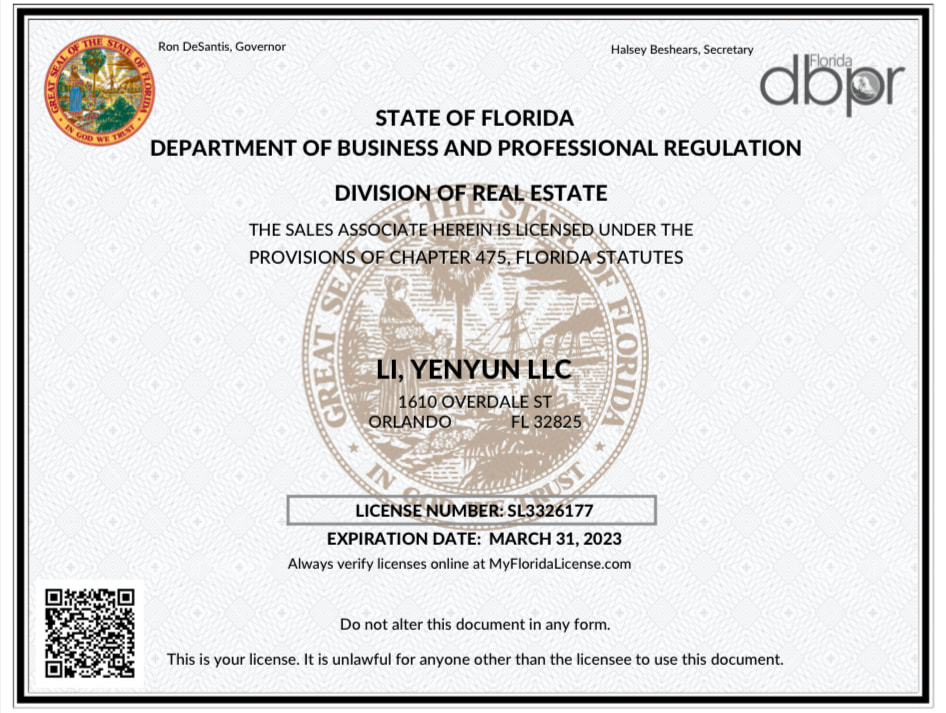
Stocks and realty are both excellent investment vehicles. However, each have their own set of benefits and disadvantages. Here are some key differences between the two: Liquidity, Risks, Location, and Profits. Real estate investing may be a better option if you're looking for passive income streams over the long-term. Real estate offers passive income streams as well as the possibility of substantial appreciation. Stocks are, however, subject to market, economic and inflation risks. Buying stocks does not require a large cash injection, but they can be bought and sold easily.
Profits
There are many advantages to investing in real property. For starters, real estate can create cash flow. Cash flow is the money left after expenses are paid. Rental income is a great way to offset expenses and make extra money. Your cash flow will improve the longer you own a property. Additionally, you can take advantage of a variety of tax breaks and deductions for real estate. These tax deductions include deductions for reasonable expenses relating to operation or ownership.
Real estate investing offers investors the flexibility they need. You can gradually build your portfolio and rent the income to supplement your income. The fix-and flip profits can be used to supplement your income. Real estate also gives you freedom and flexibility to manage your property around your schedule. You are also your boss. No one else is dictating your hours, and there are no salary limits when it comes to working in this field.

Risks
When you compare the risks of real estate investing vs stocks, it is important to understand the differences between the two. Real estate is a much more stable investment than stocks. Real estate has a lower risk of capital loss because the land you own is collateral for your initial investment. Stocks are much more liquid, which means you can cash out whenever you want. Additionally, dividends can be a source of income for stocks. However, investors need to be aware of volatility in stock prices as this can affect emotional decisions.
This is because you have to wait until your return before you can see any positive effects. Stocks are able to return 10% annually, but real estate can return three to four percent. You will still see a 20% annual return if you have at least 20% equity in the property. This is far more than what you would get from stocks. You may also find it difficult to find properties of good value and then sell them at a lower price than what you paid. Additionally, if you are unable to sell your property in the required timeframe, you could be subject to a tax penalty, which is often higher than the market's average return.
Liquidity
Liquidity means the ease of an investor's ability to convert their investment into money. Stocks are more liquid that real estate investments as they can be traded during normal market hours. Although it can take several days to sell a stock position, investors can still get their money whenever they wish. Real estate investments, however, are not liquid and may take years to appreciate.
Another benefit of real estate investing is that returns come from income instead of capital gains. This makes it easier to do so. Additionally, the income component automatically increases with inflation. This means investors can use their real property profits quicker. Real estate investing has another advantage: it is less volatile. This means that withdrawals from real estate are more secure and less susceptible to short-term volatility. Regardless of your personal preferences, you can easily find a strategy that suits you.

Location
Direct investment in realty is not the right choice for everyone. If you are looking to create a balanced portfolio, real estate should be considered along with stocks. The stock market can be manipulated and accessed easily. Furthermore, investing in real-estate is safer than investing in stock index fund funds. These tips will help you make informed decisions if you're thinking of investing in real property.
FAQ
Can I buy a house in my own money?
Yes! Yes. These programs include government-backed mortgages (FHA), VA loans and USDA loans. More information is available on our website.
Can I get a second mortgage?
However, it is advisable to seek professional advice before deciding whether to get one. A second mortgage is often used to consolidate existing loans or to finance home improvement projects.
What are some of the disadvantages of a fixed mortgage rate?
Fixed-rate mortgages tend to have higher initial costs than adjustable rate mortgages. A steep loss could also occur if you sell your home before the term ends due to the difference in the sale price and outstanding balance.
Statistics
- Some experts hypothesize that rates will hit five percent by the second half of 2018, but there has been no official confirmation one way or the other. (fortunebuilders.com)
- When it came to buying a home in 2015, experts predicted that mortgage rates would surpass five percent, yet interest rates remained below four percent. (fortunebuilders.com)
- The FHA sets its desirable debt-to-income ratio at 43%. (fortunebuilders.com)
- Over the past year, mortgage rates have hovered between 3.9 and 4.5 percent—a less significant increase. (fortunebuilders.com)
- It's possible to get approved for an FHA loan with a credit score as low as 580 and a down payment of 3.5% or a credit score as low as 500 and a 10% down payment.5 Specialty mortgage loans are loans that don't fit into the conventional or FHA loan categories. (investopedia.com)
External Links
How To
How to find houses to rent
People who are looking to move to new areas will find it difficult to find houses to rent. It may take time to find the right house. Many factors affect your decision-making process when choosing a home. These factors include price, location, size, number, amenities, and so forth.
You can get the best deal by looking early for properties. Also, ask your friends, family, landlords, real-estate agents, and property mangers for recommendations. This will give you a lot of options.